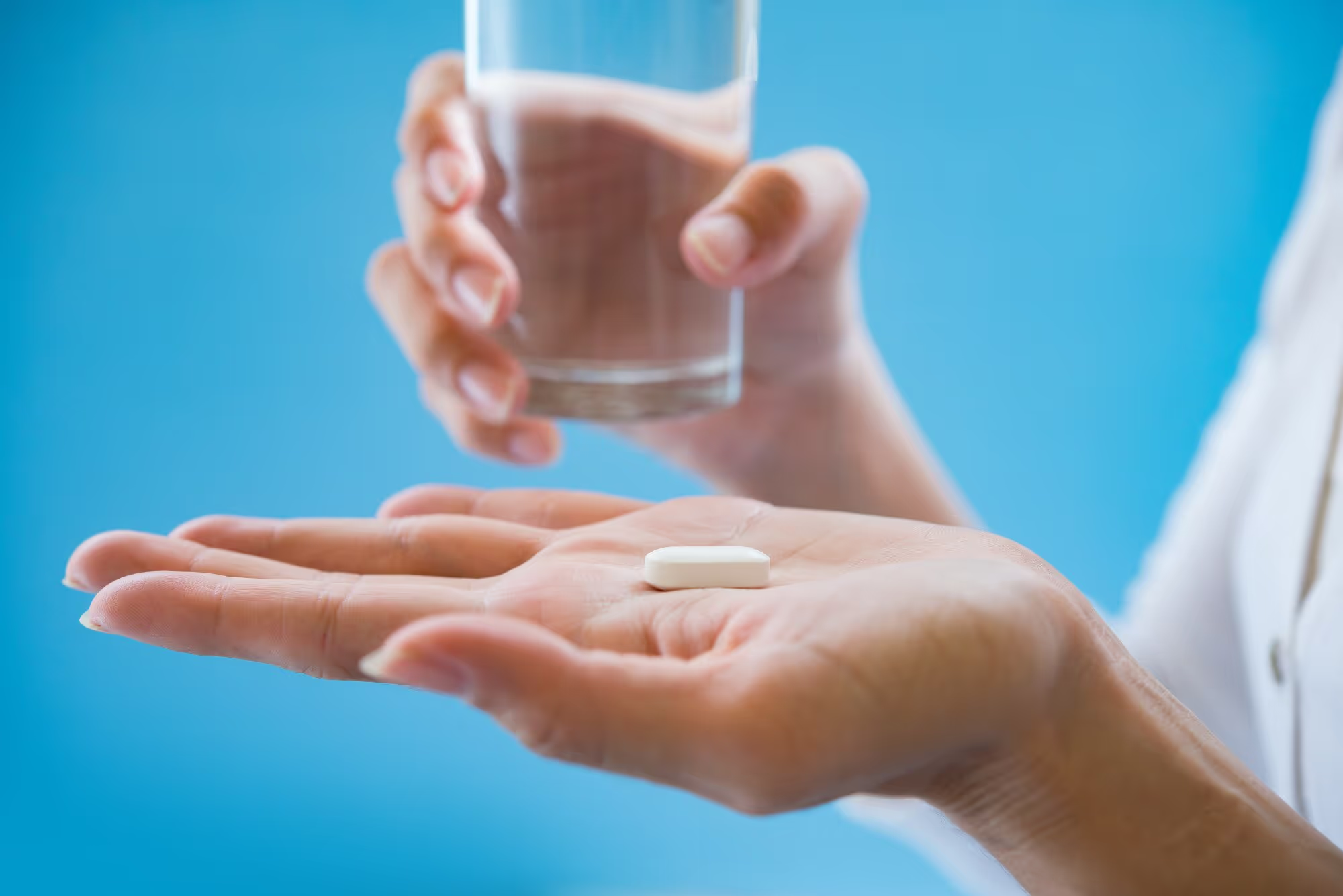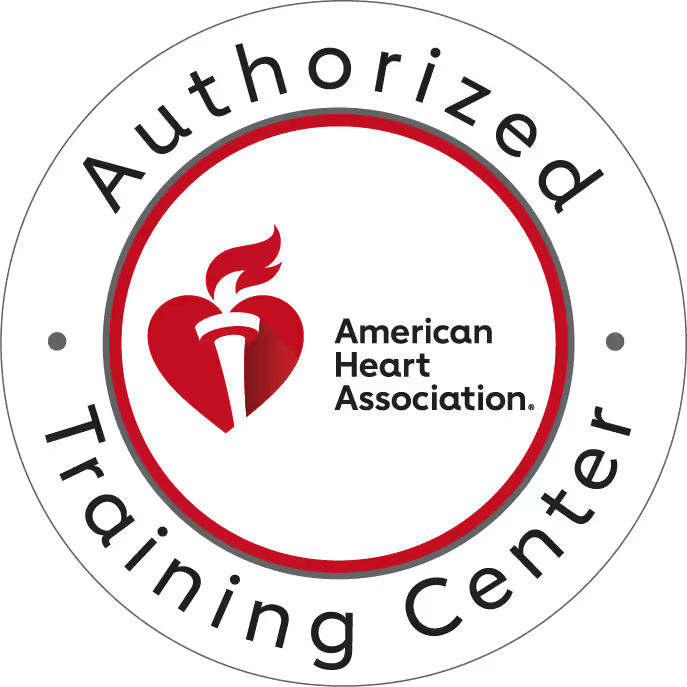
The Dos and Don’ts of Taking Antibiotics
Antibiotics are powerful medications used to treat bacterial infections, helping millions of people recover from illnesses that were once life-threatening. However, improper use of antibiotics can lead to serious health risks, including antibiotic resistance, side effects, and complications. To ensure antibiotics are effective and used safely, it is important to follow the proper guidelines. In this article, we’ll discuss the dos and don’ts of taking antibiotics to help you make informed decisions about your health.
The Importance of Antibiotics
Antibiotics work by killing bacteria or inhibiting their growth, making them essential in the treatment of bacterial infections like strep throat, pneumonia, urinary tract infections (UTIs), and more. However, antibiotics are not effective against viral infections, such as the common cold, flu, or COVID-19. Using antibiotics inappropriately can lead to the development of antibiotic-resistant bacteria, making it harder to treat infections in the future.
Dos of Taking Antibiotics
1. Do Follow the Prescribed Dosage
When your healthcare provider prescribes antibiotics, they give specific instructions on the dosage and frequency of the medication. It’s crucial to follow these instructions precisely. Taking the right amount at the right time ensures that the medication works as intended and helps prevent the development of antibiotic resistance.
- Take the full course: Even if you start feeling better, it’s important to complete the entire prescribed course. Stopping antibiotics early may allow bacteria to survive and become resistant to the drug, leading to a recurrence of the infection.
- Do not skip doses: If you miss a dose, take it as soon as you remember, unless it’s almost time for the next dose. Never double up on doses to make up for a missed one.
2. Do Take Antibiotics with Food (If Recommended)
Some antibiotics may cause stomach upset, and taking them with food can help minimize this side effect. However, not all antibiotics require food, so check the instructions or consult your doctor or pharmacist to understand the best way to take your medication.
3. Do Inform Your Doctor About Other Medications
Antibiotics can interact with other medications, including over-the-counter drugs, vitamins, and herbal supplements. Make sure to inform your doctor or pharmacist about all medications you are currently taking, including non-prescription drugs, to avoid potential interactions that could reduce the effectiveness of the antibiotics or cause harmful side effects.
4. Do Drink Plenty of Water
Many antibiotics can cause dehydration, especially if you're experiencing diarrhea or vomiting as side effects. Drinking plenty of fluids can help flush the bacteria from your system and reduce the risk of dehydration.
5. Do Rest and Take Care of Yourself
Taking antibiotics isn’t a cure-all, and your body still needs rest to fully recover from an infection. Adequate sleep, a balanced diet, and stress management can help support your immune system while the antibiotics do their job.
Don’ts of Taking Antibiotics
1. Don’t Self-Prescribe or Share Antibiotics
It might be tempting to use leftover antibiotics or take someone else’s prescription for a similar illness, but this is dangerous. Using antibiotics without a doctor’s prescription can lead to incorrect treatment, worsened symptoms, and antibiotic resistance.
- Never take antibiotics for viral infections: Antibiotics are effective against bacterial infections, not viruses. Taking antibiotics for a viral illness like the cold or flu can cause harm and contribute to resistance without offering any benefits.
- Don’t share antibiotics with others: What works for one person may not be appropriate for another, as individuals may have different medical conditions, allergies, or resistance patterns. Always follow your doctor’s advice and only take antibiotics prescribed specifically for you.
2. Don’t Stop Antibiotics Early
Even if you start feeling better before finishing your course of antibiotics, it’s crucial to finish the full prescription. Stopping antibiotics early can cause the infection to return and increase the risk of bacteria becoming resistant to the drug.
3. Don’t Mix Alcohol with Antibiotics (Without Checking First)
While alcohol doesn’t necessarily reduce the effectiveness of all antibiotics, certain antibiotics can cause severe side effects when combined with alcohol. For example, mixing alcohol with antibiotics like metronidazole or tinidazole can cause nausea, vomiting, headaches, and flushing. Always check with your doctor or pharmacist before consuming alcohol while on antibiotics.
4. Don’t Take Antibiotics That Are Past Their Expiry Date
Expired antibiotics may not be as effective and could cause unwanted side effects. Always check the expiration date on your medication before use, and dispose of any leftover or expired antibiotics properly.
5. Don’t Use Antibiotics for Minor Illnesses or Without Medical Guidance
Using antibiotics unnecessarily can contribute to antibiotic resistance, which is a growing public health concern. Only use antibiotics when prescribed by a doctor for a confirmed bacterial infection. Do not demand antibiotics for viral infections like colds or flu, as this contributes to the problem of resistance.
6. Don’t Ignore Side Effects
While some mild side effects are common with antibiotics, serious reactions like rashes, difficulty breathing, or swelling of the throat require immediate medical attention. If you experience any unusual or severe side effects, contact your doctor right away.
Understanding Antibiotic Resistance
Antibiotic resistance occurs when bacteria evolve to become resistant to the drugs that once killed them. Overusing or misusing antibiotics contributes to this problem. Resistant infections are more difficult and expensive to treat, and they can lead to longer hospital stays and more severe illness. To prevent antibiotic resistance:
- Only use antibiotics when prescribed by a doctor.
- Always complete your prescribed course of antibiotics.
- Never self-prescribe or share antibiotics.
- Avoid using antibiotics for viral infections like colds and flu.
Conclusion
Antibiotics are powerful tools in fighting bacterial infections, but their effectiveness depends on their proper use. By following the dos and don’ts outlined above, you can ensure that antibiotics work as they should, reduce the risk of side effects, and contribute to the fight against antibiotic resistance. Always consult your doctor or pharmacist if you have questions or concerns about your antibiotics, and make sure to follow their guidance closely. Responsible antibiotic use is key to preserving their effectiveness and maintaining good health for you and future generations.
Related Articles














